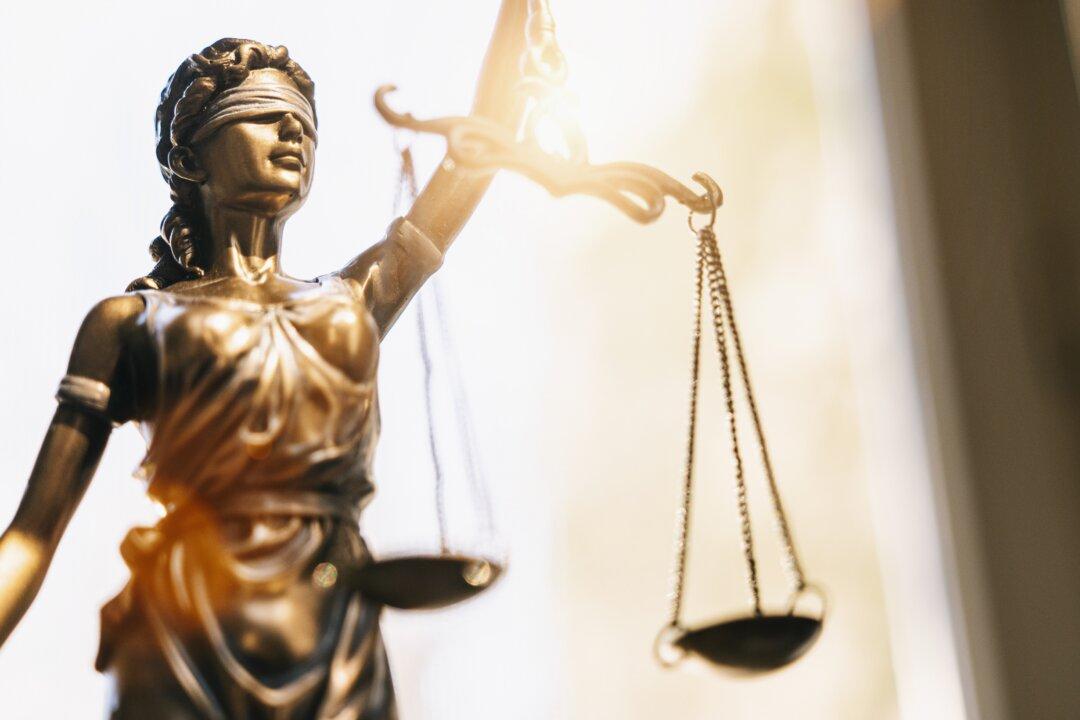Corporate executives and other individuals who find themselves being investigated for securities violations are bound to have serious and pressing questions that need answers right away. The penalties for a securities violation are steep. They can carry substantial civil and even criminal liability, and can imperil your professional future if you are a securities professional or broker. However, the investigation process is not always intuitive or familiar.
Here are eight questions that attorney Nick Oberheiden has been frequently asked by his securities clients in the initial phases of his legal representation.

